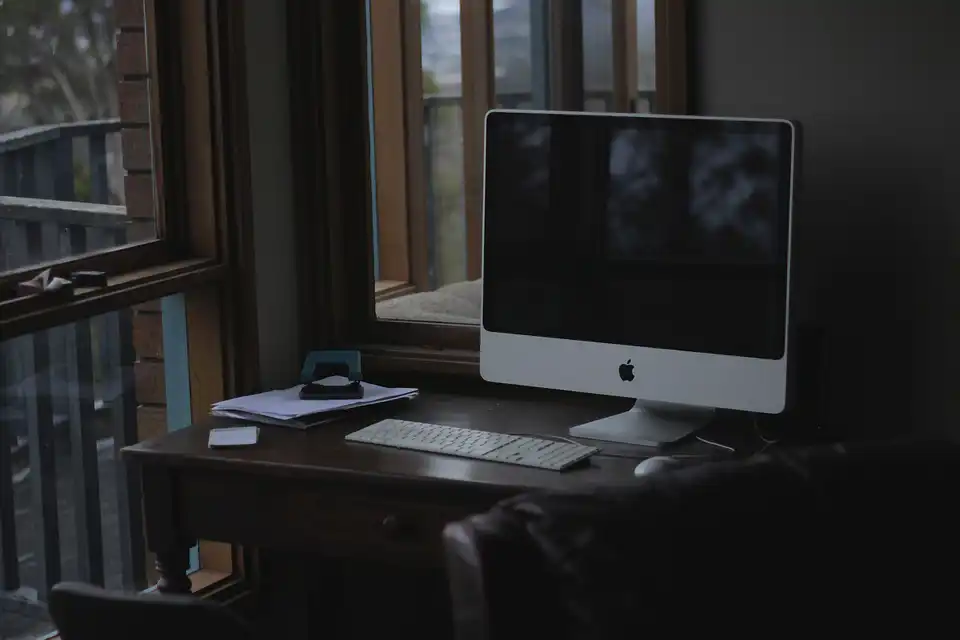A Gem from Computing Past
For those devoted to preserving history, the old adage small ≈≈ less significant doesn't hold true. The discovery of the oldest known version of QDOS, the predecessor to Microsoft's MS-DOS, has sent ripples of excitement through the tech world. This crucial piece of computing lineage is a valuable artefact that shows the evolution of personal computing as we know it.
Despite being developed around forty years ago, QDOS, or Quick and Dirty Operating System, inspired the creation of MS-DOS, setting standards for personal computing systems that would shape the future. As such, the discovery of the earliest version brings a lot of relevance and history to the table.

The discovery happened thanks to tech enthusiast 'dfnr2' who was sorting through a cache of artefacts preserved from Seattle Computer Products (SCP), a firm that was pivotal to personal computing's birth. The discovered QDOS version dates back to May 1980, even earlier than any versions previously known to historical archivists.
As intrepid 'dfnr2' sifted through the SCP's artefacts, he came across a disk with QDOS on it, leading to this remarkable find. Coming across something this historic in the personal computing world is akin to uncovering a dinosaur fossil for a palaeontologist. Nevertheless, there were some initial challenges to accessing the old software.
The Journey to Accessibility
Old software, especially those written on disks, can have issues related to compatibility and readability with our modern systems. Luckily, experts know how to deal with these problems. Realising the importance of this discovery, 'dfnr2' sought the help of SCP veteran, Mark Johnson, who provided the necessary experience and skills.
Johnson, an ardent preserver of computing history, had prior experience dealing with delicate and important software. Accessing the old software was no easy task, but this was where Johnson's expertise proved invaluable. He was able to work his magic and read the data within the floppy disk smoothly, without causing any damage to the precious artefact.
Not only did he manage to access the information within, but he also uploaded it online. In the age of digital information, sharing resources has never been easier. The uploaded software has since been made available to the public, allowing anyone interested enough to take a peek into the past.
Preserving and making such important relics from our history accessible to all presents an invaluable learning opportunity. It allows us to see how far we've come, and the steps taken to get here. It provides context to our modern, advanced systems and reminds us of the genius that pioneered their path.
What Makes This Discovery Significant?
While this discovery may seem inconsequential to some, it is a golden nugget for those who appreciate the history of personal computing. Software buffs and historians might already know that QDOS forms a significant link in the chain that paved the way for Microsoft's MS-DOS.
When IBM was looking for an operating system for their personal computers in the 80s, SCP sent them a version of QDOS. Seeing its potential, IBM modified it into their own version, which was later licensed to Microsoft. As a result, this directly contributed to MS-DOS, the backbone of Microsoft's computing systems.
Moreover, it isn't just about the eventual birth of MS-DOS. It's also about QDOS itself, how it materialised and its contributions to the tech space. By being the precursor to one of the most famous operating systems worldwide, it played a crucial role in personal computing history.
With this discovery comes a trove of unprecedented information. It includes the code, variables, data structures, and programming techniques that went into the making of early operating systems. Academic researchers and young programmers can glean valuable insights from the software, understanding better how classic programming logic still impacts today's modern software architecture.
Conclusion: Preserving the Past for the Future
The discovery is nothing short of a treasure for computing historians. It serves as a token of appreciation for the architects of QDOS and MS-DOS and provides a crucial peek into the origins of personal computing. It is a nod to the moments that changed the technology world forever.
The systematic uploading and sharing of this early version of QDOS allow us to view, analyse, and appreciate the journey of personal computing. It ensures digital preservation of an important part of our tech heritage, opening doors to reflection and understanding.
In conclusion, the discovery of the oldest version of QDOS serves as a fascinating reminder of our digital legacy. It underscores the importance of preserving tech history, not just for historical interest, but also for its continued influence on the future of technology.
Just as archaeologists hunt for artefacts to understand human evolution, tech enthusiasts continue to explore the evolution of personal computing. Discovery of such treasures, coupled with the dedication of people striving to unearth and preserve them, is a testament to our history and progress. It is a contribution to our shared cultural heritage and a glimpse into the genesis of tech history.